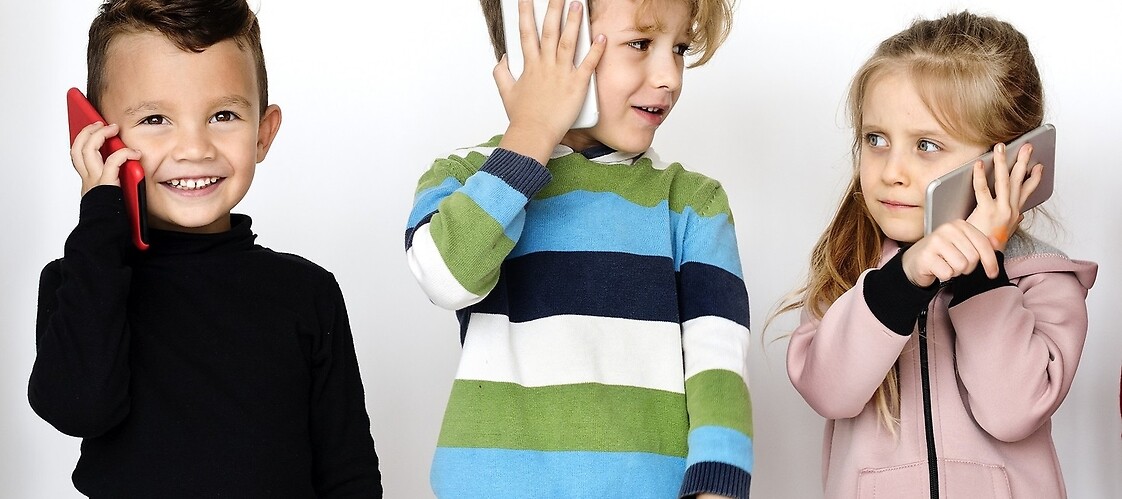
Consumer survey – children
01 February 2018
UKE presents the results of the latest consumer survey carried out in December 2017. It contains information on how children use telecommunications services on a daily basis.
How soon do we start using digital services? What percentage of children have their own smartphones and do they install applications on their own? How many of them use the Internet and what is it used for most frequently? These are only some questions that we have asked in our survey.
What are the results? First of all, it turns out that more than 80% of children aged 7-14 have their own telephone. Most frequently, it is a smartphone – owned by as many as 83% of children who declare using a mobile phone. Still more children, i.e. 9 in 10, use the Internet, primarily on laptops or smartphones. Access to the network is most often used for online games, listening to music, watching movies and using educational portals. Parents spend around PLN 20 on their child’s phone.
As it turns out, parents in most cases do not control how their children use the phone. Only every third respondent applies parental controls on their child’s mobile phone. At the same time ¼ of the children respond that parents control their mobile phone usage. More than half of the respondents confirm that children install applications on their phones.
Among the risks that children could face on the Internet parents list pictures or films with violence or drastic images. Nearly every tenth parent reported that their child came across pornography. Children to a more extent admit that they have encountered those risks – 15% admit that they faced cruelty on the Internet and the same percentage was confronted with the so called hate speech, while 14% with drastic content and 12% with nudity.
We also asked about the rules of safe Internet usage in our survey. It seems that only 6 in 10 children know that they are not allowed to provide their personal data, passwords or send their photos. In turn, half of them know that the person on the other side is not necessarily the one he/she claims to be.
The survey was carried out among children aged 7-14 in the presence of their parents.






